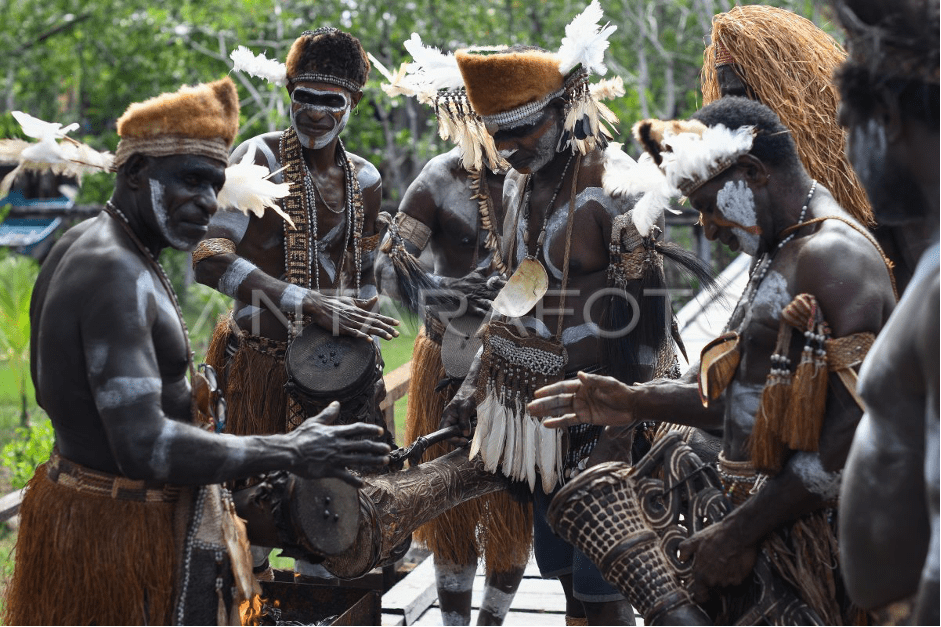South Papua, a region rich in natural resources and diverse in culture, is currently attracting the attention of the Indonesian government in its efforts to develop a sustainable economy. Sustainable economic development in South Papua aims to improve the welfare of local communities without compromising environmental and natural resource sustainability.
Sustainable Infrastructure Development: Infrastructure development is an important first step in supporting a sustainable economy. In South Papua, the government focuses on building environmentally friendly roads, bridges, and transportation facilities. A clear example is the Trans Papua Road project, which connects remote areas with economic centers and facilitates the flow of goods and services. In addition, the construction of airports and seaports is also being strengthened to improve access.
Responsible use of natural resources: South Papua is rich in natural resources, including minerals, forests, and seas. Utilization of these resources is done sustainably. The government is working with major mining companies to implement responsible mining practices and ensure afforestation and post-mining rehabilitation. In the fisheries sector, the use of environmentally friendly fishing gear and strict monitoring of illegal fishing are prioritized to safeguard marine ecosystems.
Strengthening local communities: Strengthening local communities is key to sustainable economic development. Training and education programs are provided to improve the skills and knowledge of local communities. For example, training in sustainable agriculture, handicrafts, and ecotourism. Villages in South Papua are also encouraged to develop small and medium enterprises (SMEs) based on local potential so that the economy can develop from below.
Development of nature and culture-based tourism: Tourism is one of the potentials of the South Papua region. Its natural beauty and cultural richness have encouraged the development of sustainable tourism with an emphasis on environmental and cultural protection. To attract tourists without damaging the environment, ecotourism such as trekking, bird watching, and cultural tourism was introduced. These tourist villages are developed to offer authentic experiences to tourists while strengthening local communities through homestays and artisan workshops.
Cooperation with international organizations: Cooperation with international organizations is also an important part of the sustainable economic development strategy in South Papua. Technical assistance and funds from international organizations such as the United Nations Development Programme (UNDP) and the World Bank are used to fund infrastructure projects, community training, and conservation programs. These partnerships will ensure development is carried out according to international standards with sustainability in mind.
Renewable Energy Development: Renewable energy is a key focus for reducing dependence on fossil fuels. South Papua has great potential for renewable energy development, including hydro, solar, and wind power. Small-scale hydropower projects are being implemented in remote villages, providing communities with access to more environmentally friendly electricity. In addition, solar panels are also being installed in various public facilities to reduce CO2 emissions.
Sustainable economic development in South Papua is a complex challenge, but one that is critical to the well-being of the people and the protection of the environment. With a strategy that includes infrastructure development, responsible utilization of natural resources, community empowerment, sustainable tourism development, international cooperation, and renewable energy development, South Papua is moving towards a better and sustainable future. The implementation of these strategies shows the commitment of the government and the community to work together to build a prosperous and sustainable South Papua.


